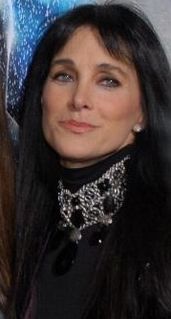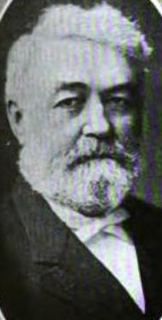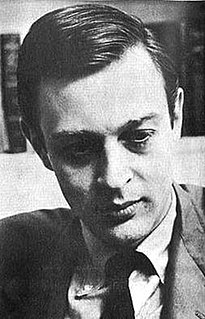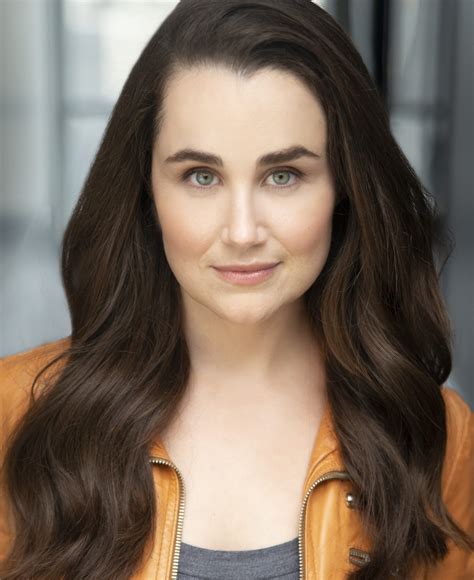A Quote by Connie Sellecca
I could only try to comfort the women that I came face-to-face with. I was really moved by how much they wanted to talk, how much they needed to be comforted, and how happy they were that we were there.
Related Quotes
But why do only unimportant things?" asked Milo, who suddenly remembered how much time he spent each day doing them. "Think of all the trouble it saves," the man explained, and his face looked as if he'd be grinning an evil grin--if he could grin at all. "If you only do the easy and useless jobs, you'll never have to worry about the important ones which are so difficult. You just won't have the time. For there's always something to do to keep you from what you really should be doing, and if it weren't for that dreadful magic staff, you'd never know how much time you were wasting.
What happened on "As Cool As I Am" was, you know how in the `90s, "the personal is political, the political is personal"? That was a really big thing. Choices you made about how you recorded and what instruments you used and how much real versus how much synthetic. Those were choices that were seen as very political at the time.
It's like in the great stories, Mr. Frodo. The ones that really mattered. Full of darkness and danger, they were. And sometimes you didn't want to know the end. Because how could the end be happy? How could the world go back to the way it was when so much bad had happened? But in the end, it's only a passing thing, this shadow. Even darkness must pass.
And when she started becoming a “young lady,” and no one was allowed to look at her because she thought she was fat. And how she really wasn’t fat. And how she was actually very pretty. And how different her face looked when she realized boys thought she was pretty. And how different her face looked the first time she really liked a boy who was not on a poster on her wall. And how her face looked when she realized she was in love with that boy. I wondered how her face would look when she came out from behind those doors.
When I was a film critic, the reason I kind of found it disenchanting was because the things that I wanted to talk about were the ideas in the movie, the theme of it, and contextual elements that weren't necessarily central to the story. But the only thing people really wanted was a plot description and how many stars I'd give it. It didn't matter how much effort you put into writing a piece, they looked at it solely as a consumer's guide toward going or not going to films.




































